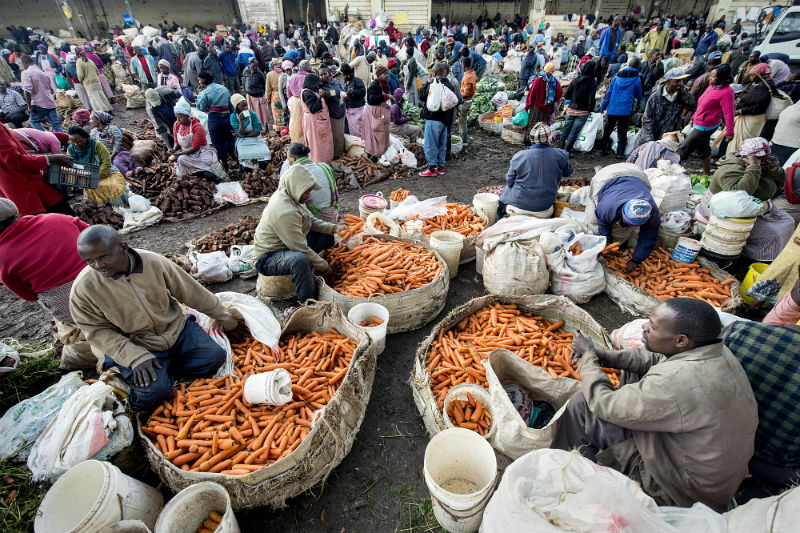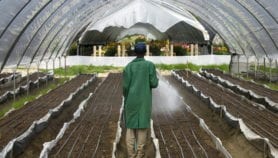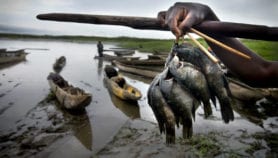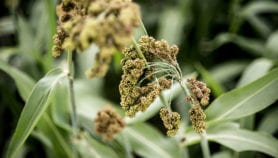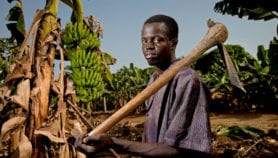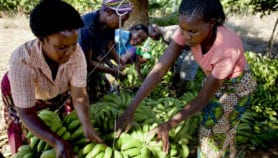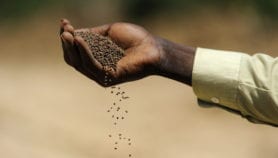By: Gilbert Nakweya
Send to a friend
The details you provide on this page will not be used to send unsolicited email, and will not be sold to a 3rd party. See privacy policy.
[NAIROBI] Inadequate access to trade data has hindered free flow of goods and services in fields such as agriculture and health among countries in East and Southern African, experts say.
However, this could be in the past with plans to set up a transparent and easily accessible database containing countries’ information on trade and markets in the two regions.
This was revealed by experts gathered in Nairobi last week (10-11 July) for a capacity building workshop where experts from ten countries were trained on how to organise and present data on trade in online portals that can be accessed by people such as farmers and businesspersons.
“We want to ensure critical information on trade is easily accessible to the business community.”
Mukayi Musarurwa, COMESA
The database, termed as an innovation to reducing barriers to free trade in Africa, will have data from 26 countries that make the tripartite free trade area of the Common Market for East and Southern Africa (COMESA), the East African Community (EAC) and the Southern African Development Community (SADC).
It will use the non-tariff barrier (NTB) mechanism that involves online and short message reporting information and communications technology tools supported by national and regional bodies that represent the public and private sectors.
“We are here to help nations on how to develop information portals and a database on trade,” says Vonesai Hove, NTBs component manager of the Tripartite Capacity Building Programme.
Hove says that under the programme, member states will receive financial and technical support to develop database that will contain information on countries’ prerequisites for trade. Such information, she says, will help traders adhere to health and environmental care standards, for example, as required by countries.
The training involved ten countries: Botswana, Egypt, Kenya, Malawi, Rwanda, South Africa, Tanzania, Uganda, Zambia and Zimbabwe. The initiative is funded by The African Development Bank contributing US$7.5 million grant whereas the United Nation’s Conference on Trade and Development is providing technical assistance to the member states in COMESA, EAC and SADC regions for the project.
According to Mukayi Musarurwa, standards quality assurance consultant from COMESA’s secretariat, the region has accessible trade data thus hindering easier flow of goods and services between countries.
Musarurwa cites livestock products such as milk that go to waste because businesspersons have inadequate information on the requirements for importing and exporting the product.
“We want to ensure critical information on trade is easily accessible to the business community,” Musarurwa tells SciDev.Net, adding that, the database will contain information on the requirements businesspersons to export and import goods and services. For instance, such requirements, he says, includes packaging and labelling requirements for particular countries. The database is currently being developed is expected to be available as soon as it is completed, according to COMESA secretariat.Japheth Mutinda, a Kenya-based farmer and agribusiness man, says that using modern technology to build such a database would help increase trade and spur agricultural productivity, especially for farmers.
“I harvest a lot of vegetables, onions and watermelons but they usually go to waste because of a limited local market,” says Mutinda, explaining that access to information on requirements of countries will help him and other farmers find and sell to an increased market, and thus increase productivity, which could create jobs and improve livelihoods.
This piece was produced by SciDev.Net’s Sub-Saharan Africa English desk.


